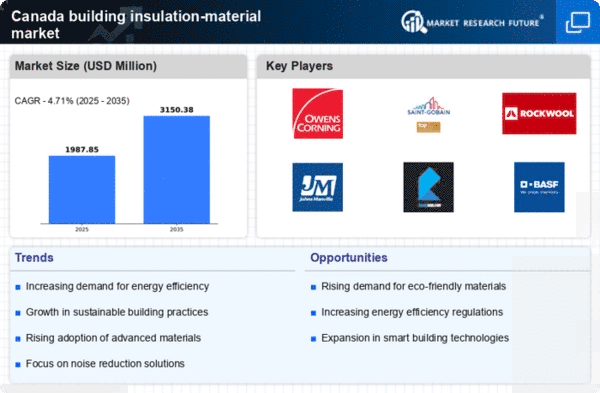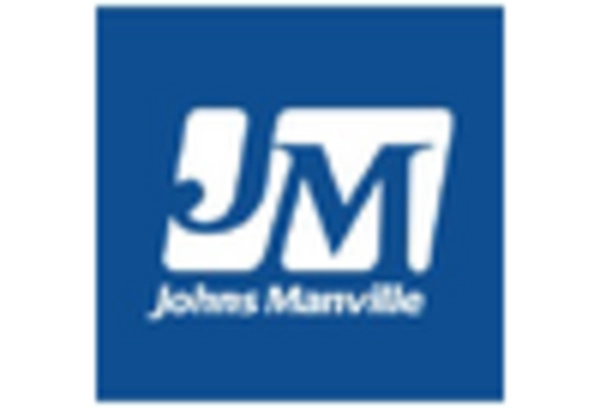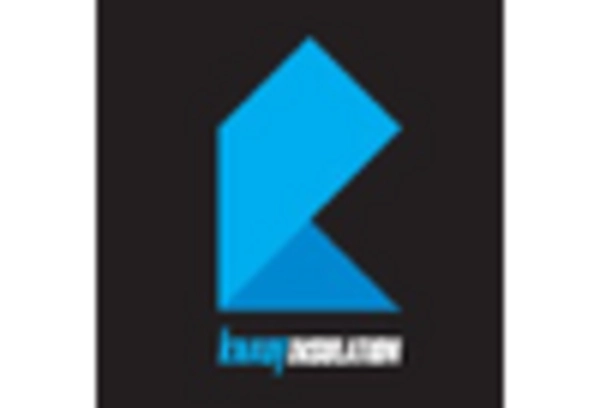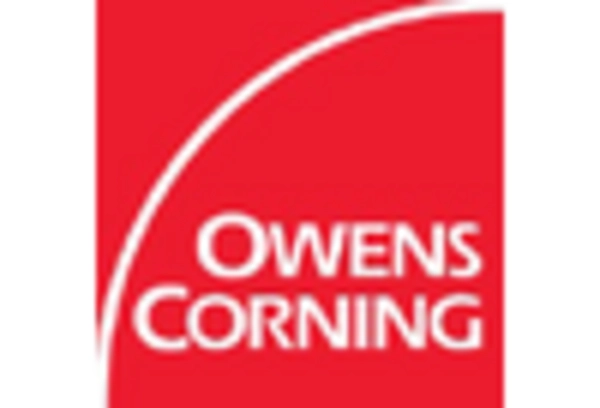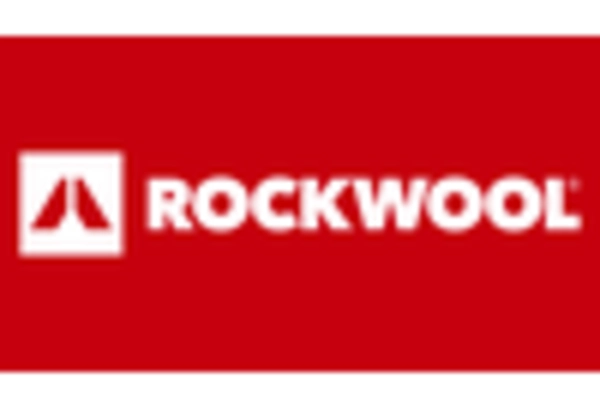the building insulation-material market is undergoing a notable transformation, driven by a combination of regulatory changes, technological advancements, and evolving consumer preferences. In recent years, there has been a marked increase in the demand for energy-efficient solutions, as stakeholders recognize the importance of reducing energy consumption and minimizing environmental impact. This shift is further supported by government initiatives aimed at promoting sustainable building practices, which have led to a growing emphasis on high-performance insulation materials. As a result, manufacturers are increasingly focusing on developing innovative products that not only meet regulatory standards but also cater to the needs of environmentally conscious consumers.
Moreover, the market landscape is characterized by a diverse range of materials, including fiberglass, foam, and cellulose, each offering unique benefits and applications. The ongoing trend towards green building practices is likely to continue shaping the market, as builders and architects seek to incorporate sustainable materials into their projects. Additionally, advancements in insulation technology, such as improved thermal performance and moisture resistance, are expected to enhance the appeal of various insulation options. Overall, the building insulation-material market appears poised for growth, driven by a confluence of factors that prioritize energy efficiency and sustainability.
Increased Demand for Sustainable Materials
There is a growing preference for eco-friendly insulation options among consumers and builders. This trend is largely influenced by heightened awareness of environmental issues and the benefits of sustainable construction practices. As a result, manufacturers are focusing on producing materials that are not only effective in energy conservation but also have a lower environmental footprint.
Technological Innovations in Insulation
The market is witnessing significant advancements in insulation technology, leading to the development of high-performance materials. Innovations such as advanced thermal barriers and moisture-resistant solutions are becoming more prevalent. These technologies enhance the effectiveness of insulation, making it a more attractive option for both residential and commercial applications.
Regulatory Support for Energy Efficiency
Government policies and regulations are increasingly promoting energy efficiency in building practices. Incentives and standards aimed at reducing energy consumption are encouraging the adoption of superior insulation materials. This regulatory support is likely to drive growth in the building insulation-material market, as stakeholders seek compliance with evolving energy codes.


